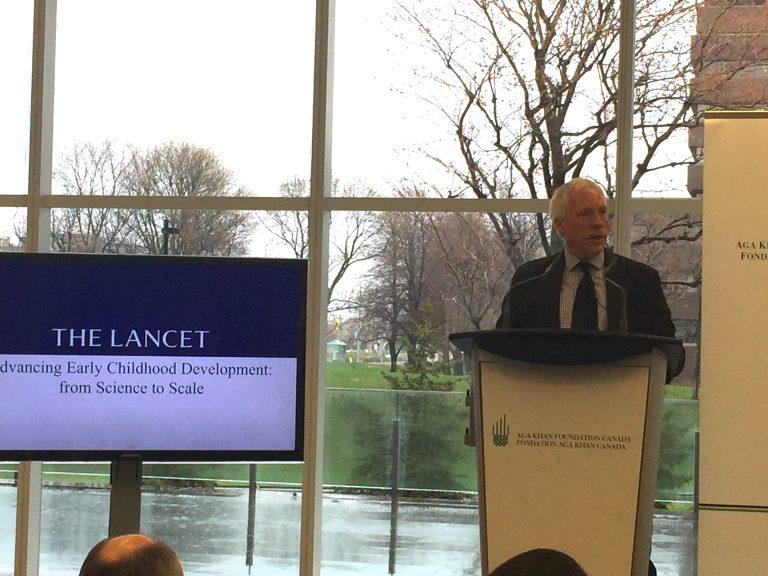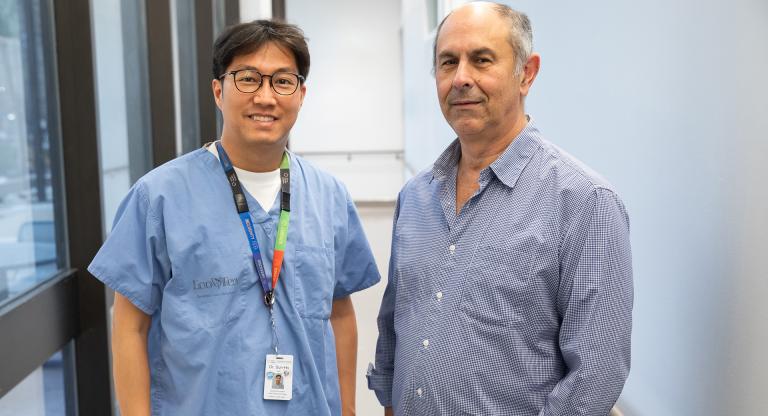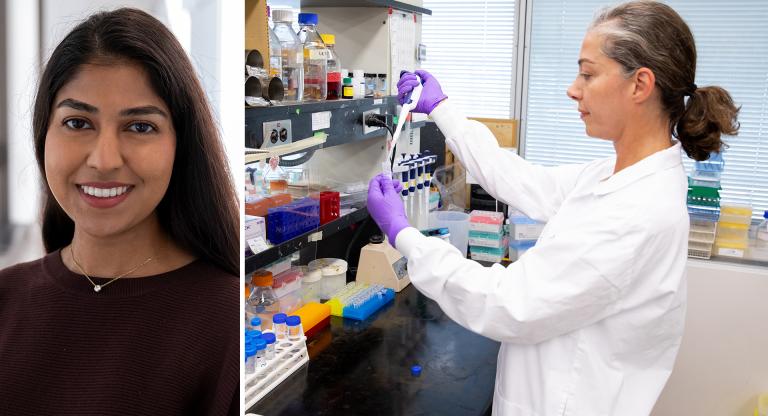Impact of LTRI early childhood development research to be felt internationally

As Canada’s largest neonatal research program, it is not surprising that Lunenfeld-Tanenbaum Research Institute researchers would have led an initiative to bring national leaders to Ottawa this past spring to share vital information about early childhood development.
What may be surprising however, is that what drove the gathering was the international impact of the work being carried out at the Institute. Dr. Stephen Lye and his colleagues have developed new guidelines this past year, published in the prestigious journal The Lancet, about how to best support early childhood development in lower and middle income countries.
It is estimated that 250 million children do not reach their developmental potential because of malnutrition and poverty. “Traditionally, we have tried to address the issue with programs such as food-aid, parenting programs or child protection programs. But what our research is telling us is that we need to break down these individual pillars and think about supporting children’s health more broadly and comprehensively. And we now have a better understanding of the impact of parent’s health on their child, so we also need to be thinking about this before conception,” explains Dr. Lye.
In partnership with the Lunenfeld-Tanenbaum Research Institute, Dr. Lye and his colleagues have launched the Alliance for Human Development to advance research on the critical importance of the first 2,000 days of life on a child’s life-long health, learning and social wellbeing.
Their inaugural event in Ottawa brought together leading researchers and childhood agencies to review the findings in the Lancet series and featured The Honourable Jean-Yves Duclos, Minister of Families, Children and Social Development, and leadership from UNICEF and Aga Khan Foundation. Dr. Shoo Lee, Pediatrician in Chief at Sinai Health System and Scientific Director, Canadian Institutes for Health Research also presented at the conference.












